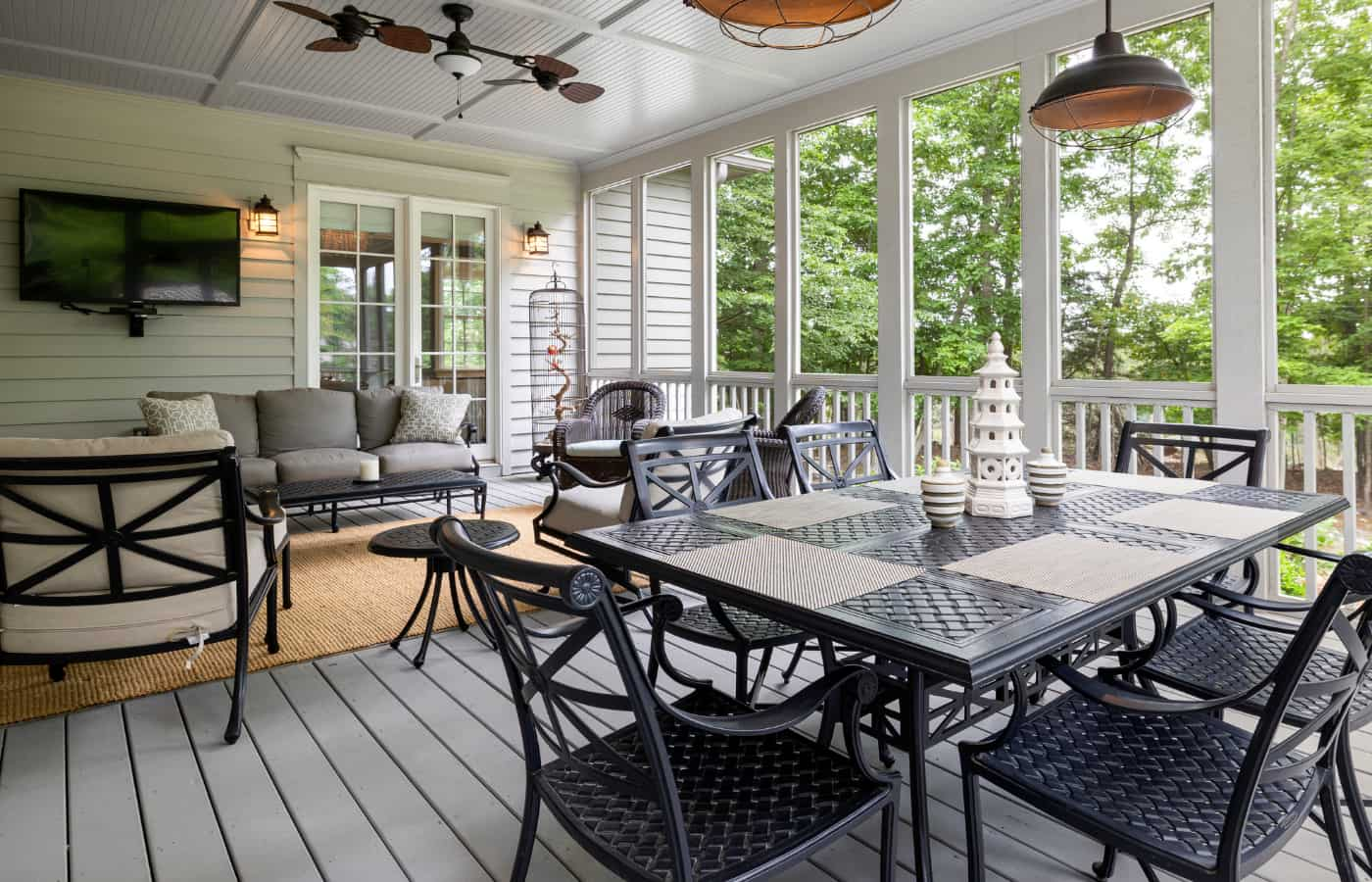What is aluminum material?
Aluminum is a versatile, lightweight metal that has become one of the most popular materials for outdoor furniture frames. Unlike iron or steel, aluminum does not rust when exposed to moisture, making it an excellent choice for outdoor environments.
One of aluminum’s most significant advantages is its strength-to-weight ratio: it is sturdy enough to support heavy use while remaining easy to move around your patio, deck, or garden. This makes aluminum furniture practical for individuals who frequently rearrange seating areas or move pieces in and out of storage.
To improve both performance and aesthetics, most outdoor aluminum furniture is finished with a powder coating. Powder coating is a baked-on finish that:
-
Adds color and style — available in matte, gloss, or textured finishes.
-
Protects against UV damage — reduces fading and chalking under the sun.
-
Prevents surface corrosion — sealing the raw metal from moisture and air.
-
Resists scratches and chips better than regular paint.
In coastal or poolside areas, aluminum is especially popular because it resists both salt air and chlorine exposure, two elements that can quickly damage other metals. When combined with materials like teak, rope, or wicker, aluminum provides the structural integrity that holds everything together while keeping furniture light and easy to manage.
How to Care for Aluminum Furniture
Although aluminum is considered low-maintenance, a little care goes a long way in preserving its appearance and longevity.
Regular Cleaning
-
Wash frames with mild dish soap and warm water using a soft cloth or non-abrasive sponge.
-
Rinse thoroughly with a garden hose to remove soap residue.
-
Dry immediately with a microfiber towel to prevent water spots and streaks.
Avoid Harsh Cleaners
-
Never use bleach, strong acids, or alkaline cleaners on aluminum. These can break down the powder coating.
-
Avoid using steel wool, scouring pads, or abrasive brushes, as they may scratch the surface and expose the raw metal underneath.
Touch-ups & Protective Coating
-
If scratches occur, apply touch-up paint that matches your furniture’s finish to seal the exposed metal.
-
In harsh environments (such as near the ocean), apply a clear automotive wax or protective sealant once or twice a year to enhance resistance to salt and moisture.
Preventing Corrosion
-
Aluminum doesn’t rust, but it can oxidize, forming a chalky white residue. This happens when the powder coating is compromised. Regular cleaning removes contaminants like salt, sunscreen, and chlorine, which can accelerate oxidation.
-
Wipe down frames after trips to the beach or after splashes from the pool to prevent buildup.
Winter Care
-
Although aluminum can withstand cold weather, prolonged exposure to freezing temperatures and snow can cause finish damage and stress on hardware.
-
For best results:
-
Cover furniture with breathable outdoor covers that allow airflow while blocking moisture.
-
Store in a garage, shed, or covered patio if possible.
-
Remove and store cushions separately in a dry location.
-
Check screws, bolts, and moving parts (like swivel or reclining chairs) before storing. Apply a light silicone spray or lubricant to hinges and joints to keep them functioning smoothly.
FAQs
Will aluminum rust outdoors?
No rust, but it can oxidize if the coating is damaged.
How often should I clean aluminum furniture?
Monthly light clean; seasonal deep clean.
Can I use bleach on aluminum?
No, it may damage the finish.
How do I touch up scratches?
Sand lightly, clean, and apply touch‑up paint.



